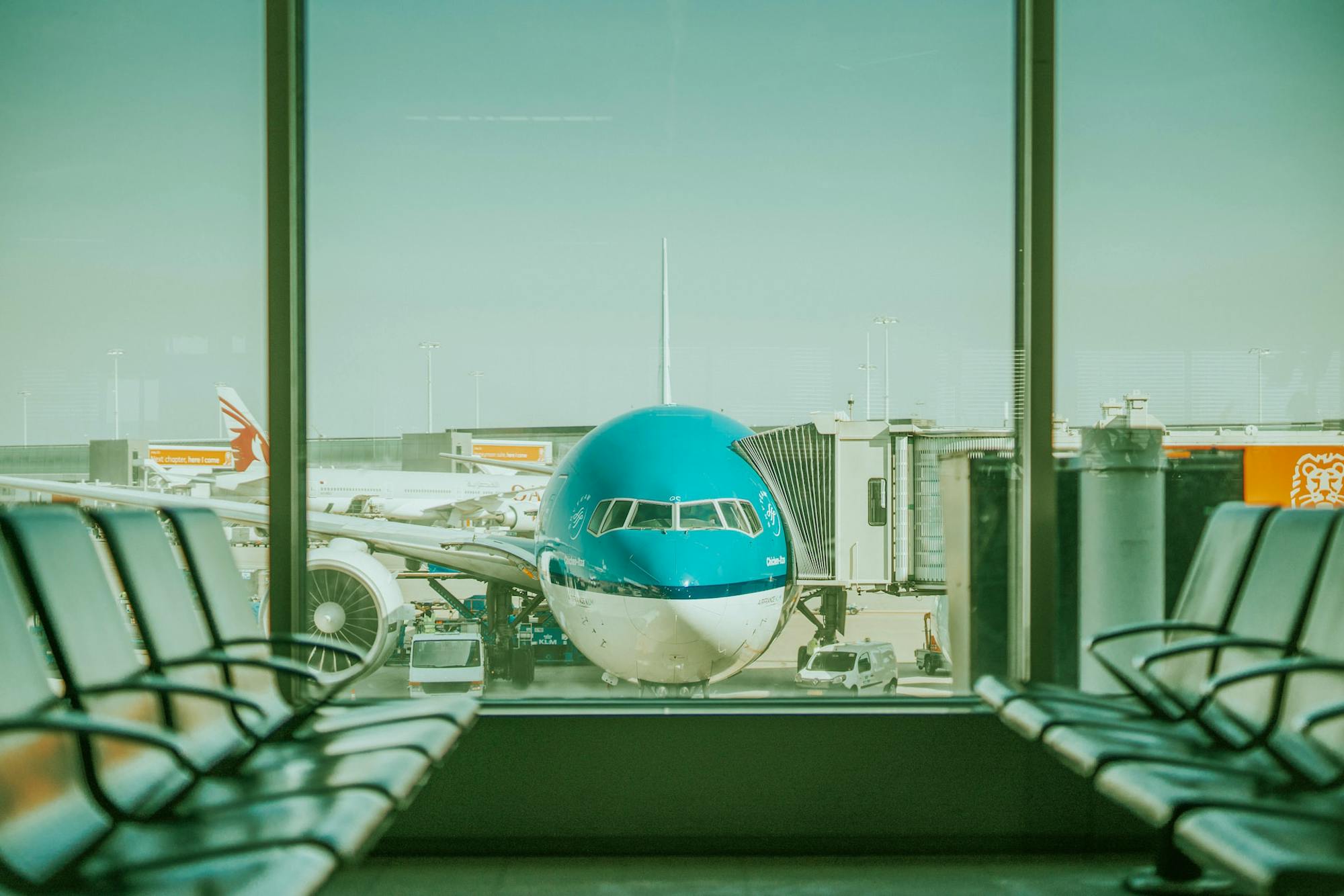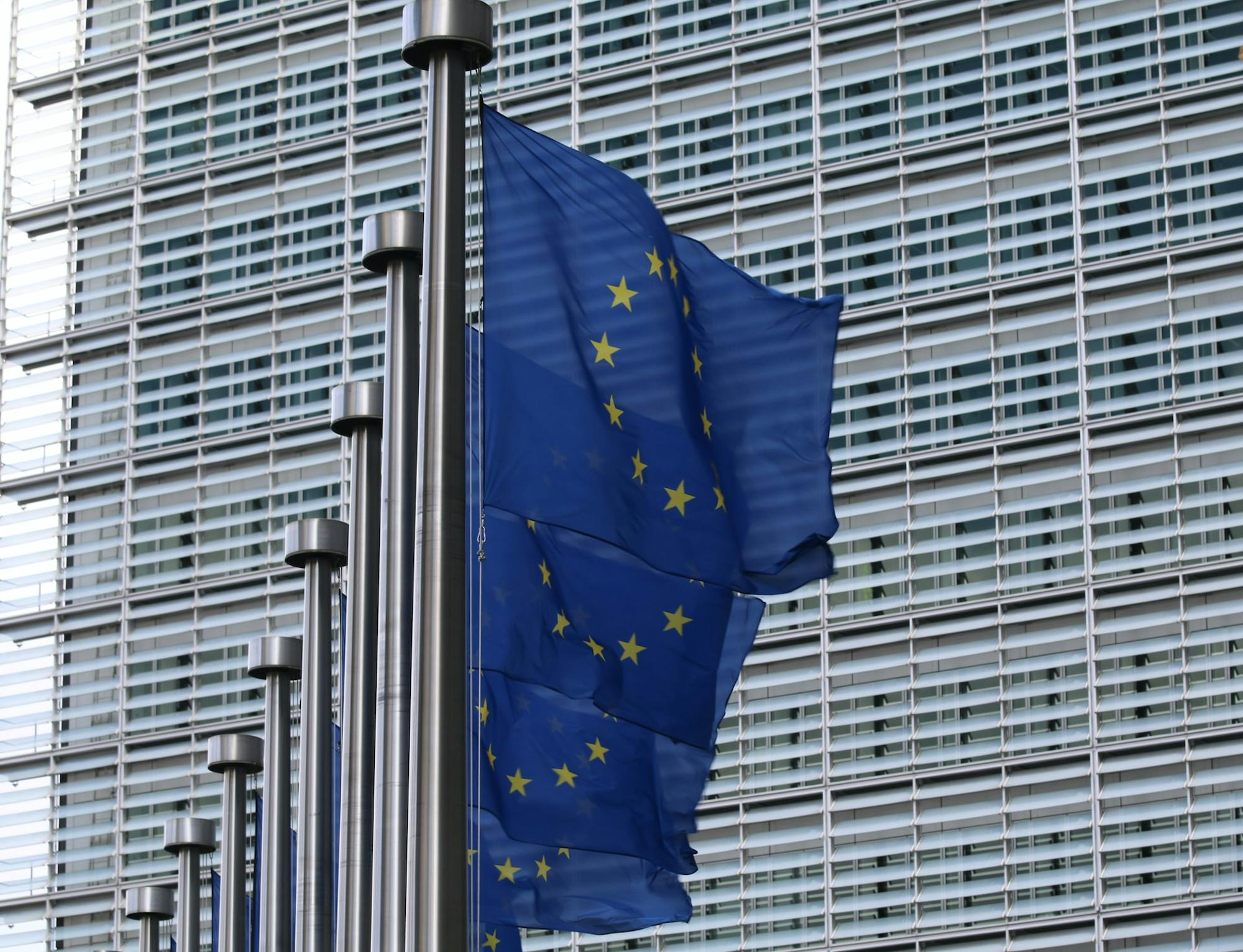With a 25 million euro subsidy from the European Commission, 29 European parties will work together to accelerate sustainable aviation. The partnership, called TULIPS, is an initiative of Royal Schiphol Group. Mobility Concept, a specialist in sustainable and innovative mobility schemes, is providing support for various demonstration projects. Mobility Concept's Mobility-as-a-Service (MaaS)-platform is central to this.
Mobility Concept in European partnership Schiphol to make aviation more sustainable

Accelerating sustainability by developing innovations
TULIPS is part of the European Green Deal. The grant will be used to develop innovations that accelerate the transition to sustainable transport and sustainability at airports. The results of the project are expected to make a significant contribution to making the aviation sector more sustainable. The goal is climate-neutral and waste-free airports by 2030 and climate-neutral aviation by 2050. TULIPS will start in January of 2022 and last until December of 2025.
Schiphol testing ground for 17 projects
Schiphol will be the testing ground for 17 projects. These include making vehicles on the platform more sustainable, testing facilities for the electric or hydrogen charging of aircrafts, large-scale supplying of Sustainable Aviation Fuel (SAF) and improving circular use of materials. Demonstrations are also carried out to catch ultrafine dust from starting and departing aircrafts. In addition, making passenger and cargo travel more sustainable is being explored.
Making travel to and from Schiphol more sustainable with MaaS-app Mobility Concept
Mobility Concept is developing a MaaS app for travel to and from Schiphol. With this app, travellers can manage their entire journey, from door to door. Based on real-time travel information, travellers receive proactive travel advice. Mobility Concept is working with several partners in this project. For instance, TNO is developing a digital model that simulates travellers' transport choices to and from Schiphol. The results of this model are used to encourage sustainable transport choices. Various pilot projects examine the change in travelling behaviour and the reduction of CO2 emissions.
Effective solutions spread across Europe
The Oslo, Turin and Larnaka airports, which are also part of the cooperation, are implementing several of the innovations. The cooperation between the four very different airports makes the impact of the solutions on Europe's climate goals apparent. By implementing the innovations in different scenarios, it becomes clear how they can be implemented across Europe. The knowledge gained will be shared with all other European airports. Using practical roadmaps, they can also apply the TULIPS technologies and concepts.
Cooperation is sector-wide
In TULIPS, 29 parties work together. This includes airports, airlines, knowledge institutes and sector partners. All parties are convinced that by working together, a substantial contribution can be made to making aviation more sustainable.
These parties work together in TULIPS
In TULIPS, Mobility Concept collaborates with Royal Schiphol Group, Oslo Airport, SINTEF AS, SINTEF Energi AS, Hermes Airports, Catalink Ltd, Torino Airport, Politecnico di Torino, Beta-I, Egis S.A., Excess Materials Exchange, Fraunhofer Gesellschaft, KLM Royal Dutch Airlines, KLM Equipment Services, Manchester Metropolitan University, Koninklijke NLR - Nederlands Lucht- en Ruimtevaartcentrum, Nouryon Industrial Chemicals, Pipistrel Vertical Solutions, Port of Amsterdam, SKYNRG, TNO, TU Delft, Instituto Superior Técnico, University of Antwerp, BAM Infraconsult, Ballard Power Systems Europe, DHL Global Forwarding Netherlands and Zepp.solutions.
This project has received funding from the European Union’s Horizon 2020 research and innovation programme under grant agreement No 101036996.
The contents of this publication are the sole responsibility of TULIPS and do not necessarily reflect the opinion of the European Union.
